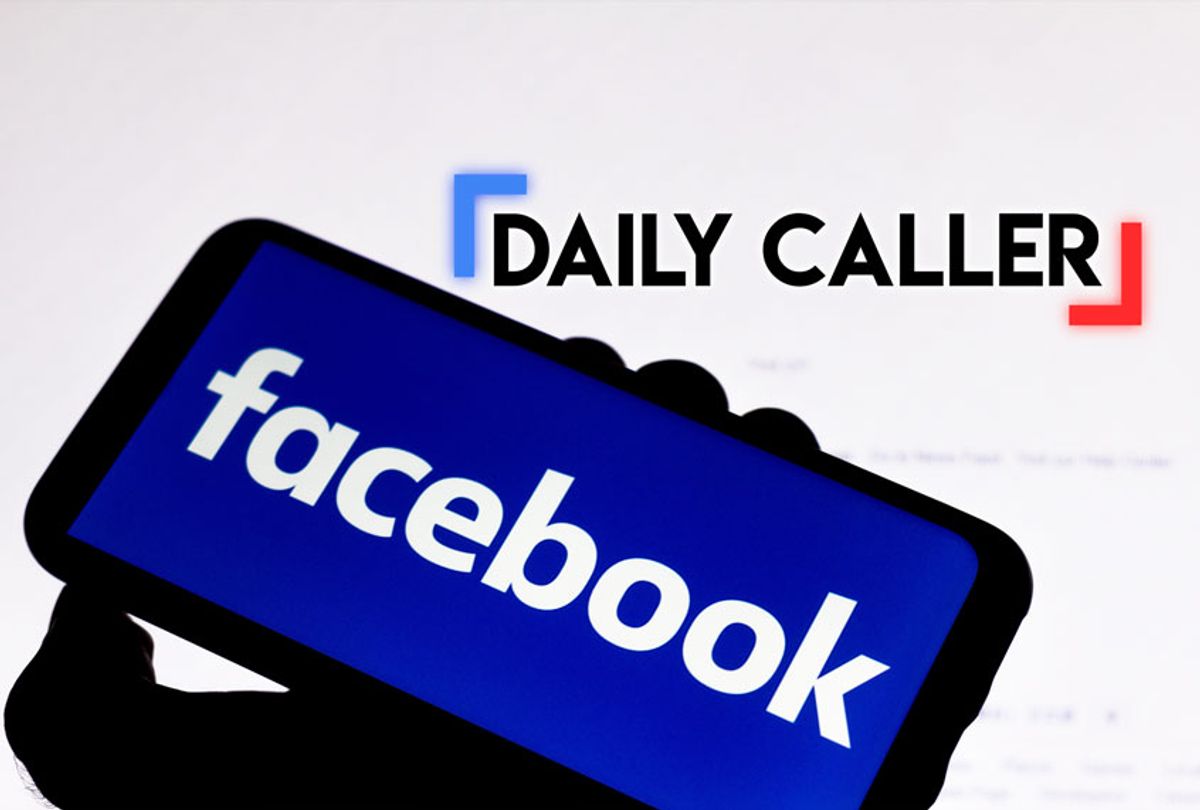by PRABIR PURKAYASTHA

We need to break up these monopolies and regulate them as the new public utilities of the digital age
A recent Wall Street Journal (WSJ) article, “Facebook’s Hate-Speech Rules Collide With Indian Politics,” has blown the lid off Facebook’s unholy alliance with the Bharatiya Janata Party (BJP), the right-wing ruling party in India.
In the August 14 article, WSJ reporters Newley Purnell and Jeff Horwitz detail how Ankhi Das, Facebook’s high-flying public policy director for India and South and Central Asia, blocked action against the ruling BJP party leaders. Facebook had tagged these leaders internally as promoting “hate speech” and “dangerous” and with the potential to cause, as Purnell and Horwitz write, “real-world violence.” The reason Das reportedly gave for letting these violations of Facebook’s policy go unpunished was that such action would harm Facebook’s business in India.
Facebook also has recently invested $5.7 billion in leading Indian telecom company Reliance Jio for 9.99 percent of its shares—one of the largest investments ever by any tech company for a minority stake. The largest number of Facebook and WhatsApp users in the world are from India, with Facebook having more than 300 million and WhatsApp in excess of 400 million users. Facebook bought WhatsApp for $19 billion in 2014 and has business offerings on this platform, whose rules of engagement are completely opaque. Even more than Facebook, WhatsApp has been the major social media platform for the BJP and its troll army to spread disinformation, as it was for President Jair Bolsonaro in Brazil.
On August 21, Horwitz and Purnell wrote that Facebook has subsequently come under attack internally for its failure to address violations of its hate speech policy in India: “Facebook employees are pressing the company’s leadership to review its handling of hate speech in India, saying [in a letter addressed to ‘FB Leadership’ that] the company has tolerated toxic content by prominent political figures.”
This is not the first time Facebook’s sheltering of hate speech and divisive right-wing figures has been exposed. In a 2017 article for Bloomberg, Lauren Etter, Vernon Silver, and Sarah Frier wrote that Facebook “actively works with political parties and leaders including those who use the platform to stifle opposition—sometimes with the aid of ‘troll armies‘ that spread misinformation and extremist ideologies.” They also wrote that “a little-known Facebook global government and politics team… led from Washington by Katie Harbath, a former Republican digital strategist who worked on former New York Mayor Rudy Giuliani’s 2008 presidential campaign,” has helped specific political parties “from India and Brazil to Germany and the U.K.—the unit’s employees have become de facto campaign workers.” In 2018, a five-article series for Newsclick by Cyril Sam and Paranjoy Guha Thakurta ahead of India’s 2019 general elections investigated the close ties between Facebook executives and the BJP, particularly Prime Minister Narendra Modi’s team, and found that the ties went far beyond Facebook’s relationships with other political parties in India.
Salon for more
